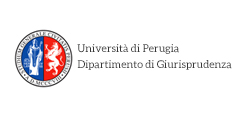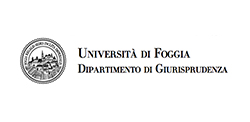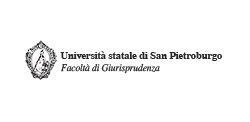Lo scritto espone inizialmente gli aspetti essenziali delle vicende normative in itinere che investono la riforma del sistema sanzionatorio penale: sia con riguardo ai contenuti della legge delega n. 134/2021, sia con riguardo alla traduzione in legge di quanto affermato nella ordinanza n. 97/2021 della Corte costituzionale, in tema di delitti c.d. ostativi. Ciò premesso, il contributo si propone come base per un dibattito sull’evoluzione futura delle modalità di risposta al reato nel sistema penale italiano, attraverso una serie di affermazioni sintetiche finalizzate a stimolare lo scambio delle opinioni.
Si esprime l’orientamento per un sistema che intenda la risposta al reato come progetto, piuttosto che come corrispettivo: sia attraverso la diversificazione in senso, soprattutto, prescrittivo delle pene applicabili, sia attraverso una reale finalizzazione rieducativa di tutte le condanne detentive, quando non evitabili.
Ci si interroga, fra l’altro, sul ruolo che potranno assumere le procedure di giustizia riparativa valorizzate dalla citata legge delega, come, altresì, su come nuove modalità sanzionatorie potranno favorire forme diverse di prevenzione dei reati, per esempio nell’ambito colposo.
The slow construction of the reform on the matter of criminal sanctions.
Themes for a discussion.
This essay initially explains the essential aspects of the current legal events relating to the reform of the criminal sanctioning system: both about the contents of delegated law no. 134/2021, both concerning the legal codification into law of what was stated in the decision of the Constitutional Court no. 97/2021 about impedimental offenses.
Then, the paper puts itself forward as a basis for the debate on the future evolution of the methods of responding to crime in the Italian penal system, through a series of concise considerations to stimulate the exchange of views.
This essay conveys the scope of a system that intends the response to the crime as a project, rather than as a charge: by diversifying the legal provisions and through a real re-educational purpose of all prison sentences, when not avoidable.
Furthermore, questions are raised on the role of the restorative justice procedures enhanced by the delegated law, as well as on how new systems of punishment can favour different forms of crime prevention, for example around criminal negligence.











